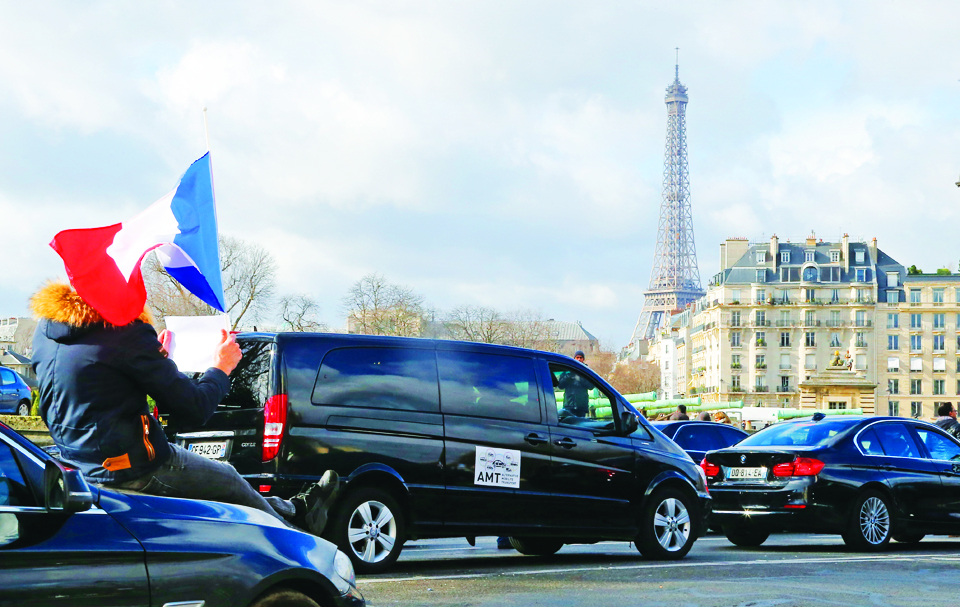
By: Kaye Burnet | News Editor

College is the perfect time to travel the world.
Fewer than 5 percent of Americans travel overseas each year, according to research from international travel company MMGY.
While 47 percent of Americans have passports, most international travel is restricted within North America. While there’s nothing wrong with a trip to Canada or Mexico, it is time for more Americans, especially college students, to see and explore more of the world.
This might be the only time in your adult life when you have huge chunks of free time throughout the calendar year — your future boss probably won’t believe in giving you a “winter break,” “spring break” and three months off in the summer.
College students are also at the peak of independence — according to the Pew Research Center, most Americans get married between the ages of 24 and 35, and the average American woman has her first child at 26 years old.
While having a family and career does not have to spell the end for travel, it certainly makes the logistics more complicated.
Of course, flights across the Atlantic or Pacific aren’t cheap and the cost of college keeps rising, which leads many students to believe that they cannot afford to travel.
However, study abroad options like those available through Duquesne’s Office of International Programs are often relatively inexpensive. A semester at Duquesne’s Italian or Dublin campus is only $2,000 to $3,000 more expensive that a typical semester at Duquesne, including airfare costs.
While this is still a sizeable amount of money, it’s far cheaper than most travel options that will be available to you later in life.
There are also some easy ways for young people to save serious money on non-academic travel. Youth hostels might seem scary to Americans who do not like to share their personal space, but these bunk-bed filled, cheap hotels are great ways to meet fellow travelers. Some airlines offer student specials on international flights, and planning your trip at least three months ahead can keep costs down.
Fear can also be a strong deterrent for Americans who are hesitant to travel abroad. In the United States, we are often raised to believe that this country is the safest, most advanced one in the world.
However, a 2015 study from the Institute for Economics and Peace did not list the United States among the top 10 safest countries in the world. As it turns out, the capitals of Iceland, Denmark and Japan are much safer for women traveling alone than any major city in the United States.
When Americans hear about health crises such as Zika or Ebola, we often become afraid of leaving our country’s borders. However, just a little bit of planning ahead can help you avoid these issues.
Additionally, a 2014 article in the journal Psychological Science found that people who spend their money on experiences are happier than people who invest in material goods.
This means that saving up for a new purse or a even nice car might not have the same payoff as an airplane ticket to Barcelona. Driving a beat-up 2005 Mazda for the next three years might not be so bad, if you can spend your spare cash on international adventures.
Many Americans postpone travel for retirement, when they have more savings and their children have left the house.
While there’s nothing wrong with traveling later in life, the natural aging of the human body limits the activities that retired travelers can experience. Dancing all night at an Roman discoteca or surfing the waves of the Mediterranean will not be as appealing to a 70-year-old as it would to a 20-year-old.
As Mark Twain wrote in 1869, “Travel is fatal to prejudice, bigotry and narrow-mindedness, and many of our people need it sorely on these accounts.” Living in the United States can give people cultural blinders, and it’s important to expose ourselves to other ideas and ways of life.
Some countries have higher standards for their food, better public transportation, and more efficient political systems. Through travel, you can expand your understanding of the world and bring new ideas and beliefs back to your communities.
Not to mention the cool new dance moves you can bring back from those international discotecas.




